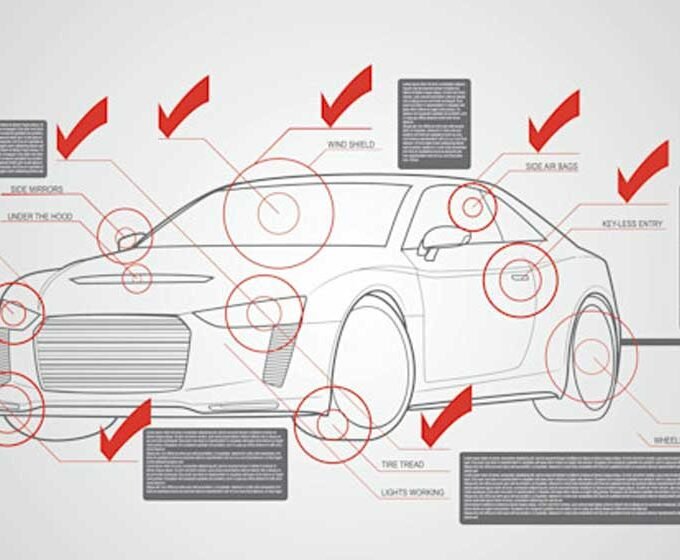In the world of auto sales, buying a new automobile can be thrilling as well as intimidating. It might be difficult to resist the pull of the newest features and that factory-fresh aroma. However, there are important measures you shouldn’t skip before you sign on the dotted line for that brand-new vehicle.
1. Researching the Vehicle’s Depreciation Rate
Even while getting a brand-new automobile might be exciting, you should take into account how rapidly its value will decrease over time. You may make a better-educated choice regarding your purchase if you are aware of the vehicle’s rate of depreciation. The first few years of ownership are usually the most depreciating for new automobiles, with some models losing up to 20% of their value in the first year alone. You can also opt for dealerships to understand more about such situations, such as a new and used car dealership in North Dakota or your state.
Moreover, a car’s brand and model, popularity, dependability, and general market demand may all have an impact on how quickly a car depreciates. Vehicles with a solid reputation as a brand, great dependability ratings, and cheap maintenance expenses often appreciate value over time.
2. Understanding Total Ownership Costs
It’s important to weigh the whole cost of ownership for the duration of the vehicle’s lifecycle in addition to the sticker price when purchasing a new automobile. In addition to the original purchase price, total ownership costs also include fuel expenditures, insurance premiums, maintenance and repair charges, registration fees, and depreciation. You can evaluate the long-term affordability of the car you’re considering more accurately if you are aware of these fees upfront.
A new car’s overall ownership expenses may also be influenced by a number of other variables, such as the vehicle’s fuel economy, insurance premiums, expected maintenance costs, and warranty coverage. Selecting a car with lower insurance rates may decrease your monthly premiums, and selecting a more fuel-efficient vehicle will help you save money on gasoline over time. Additionally, take into account the warranty coverage offered by the manufacturer and any possible extended warranties since they might provide more assurance and defense against unforeseen repair expenses.
3. Researching Manufacturer Incentives and Promotions
Make sure to investigate any manufacturer incentives, promotions, or special deals that are available for the car you are interested in before completing your purchase. To attract customers and move inventory, automakers often provide cash rebates, financing offers, leasing promotions, and other incentives. By using these incentives, you may be able to negotiate a better price and save thousands of dollars on your new automobile purchase.
Additionally, be sure to look for any discounts or loyalty programs offered to existing brand owners, as well as any special offers for first-time automobile purchasers, recent college graduates, or members of the armed forces. In order to optimize your savings, you can also think about carefully scheduling your purchase to align with model year-end clearance deals, seasonal reductions, or other promotional offers.
4. Negotiating the Price and Terms
Finally, to make sure you’re receiving the greatest bargain possible when purchasing a new automobile, don’t be afraid to haggle over the conditions and price. Even while the sticker price may appear unassailable, there’s often an opportunity for discussion, particularly if the dealership is keen to close a transaction or hit sales targets. When bargaining with the dealership, start by finding out the vehicle’s fair market worth. You should be prepared with this information.
Additionally, think about haggling over the car’s price as well as the financing arrangements, trade-in value, and any extras or add-ons that are part of the deal. During your talks, be kind but tough, and don’t be afraid to leave if the dealership won’t agree to your demands. To gain more clout in negotiations, think about getting pre-approval for financing from your bank or credit union before visiting the dealership.
Conclusion
Purchasing a new automobile is a big financial commitment, so you should make sure you do your research and approach the process thoughtfully. You can make sure you’re getting the best deal on your new car purchase and leaving with confidence and satisfaction by investigating the vehicle’s depreciation rate, comprehending total ownership costs, researching manufacturer incentives and promotions, and skillfully negotiating the price and terms. You’ll be well on your way to enjoying your new vehicle for years to come if you keep in mind to take your time, ask questions, and stand up for yourself during the process.
















